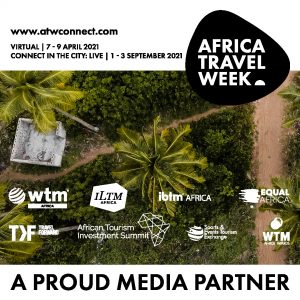ITB Asia 2025 has officially wrapped up, leaving a strong mark on the travel industry with over 60,000 business appointments (marking a 35% increase compared to last year), 18,000 attendees, and more than 1,500 quality buyers (marking a 7% increase compared to 2024). Over three days at the Sands Expo and Convention Centre, the region’s largest travel trade show reaffirmed its status as the must-attend platform for Asia Pacific’s travel and tourism sector, where trends are set, deals are made, and the future of travel is shaped.
This year, ITB Asia not only delivered record-breaking participation but also sparked insightful discussions and collaboration across the industry, highlighting key developments in digital innovation, sustainable tourism, and market growth. Notable Takeaways from the conference indicate that AI-driven innovation is rapidly transforming travel and hospitality experiences, new distribution and business models are reshaping how travel is sold and connected across Asia, and the MICE sector is reinventing itself through technology and immersive event design to drive engagement and ROI, reinforcing why ITB Asia continues to be the place where industry leaders converge to turn ideas into action.
“ITB Asia remains to be the meeting point where the world connects with Asia,” said Darren Seah, Executive Director of Messe Berlin Asia Pacific. “This year’s record engagement demonstrates how the industry is collectively embracing innovation, sustainability, and collaboration to drive future growth.”
The exhibition floor across five halls buzzed with energy as global brands, national tourism boards, and tech innovators showcased the latest in travel experiences, technology, and services. Participation was notably stronger from Central Asia, while Africa saw its largest-ever presence. Growing representation from Indian states and an expanded Singapore Zone further enriched the exhibition, showcasing the full spectrum of Asia Pacific’s travel and tourism industry
From established industry leaders to emerging startups, the event became a dynamic hub for business and partnership-building, connecting Asia with the rest of the world. Exhibitors represented a diverse mix of sectors, including hospitality, MICE, corporate travel, technology and leisure, reflecting the full spectrum of the travel and tourism industry.


